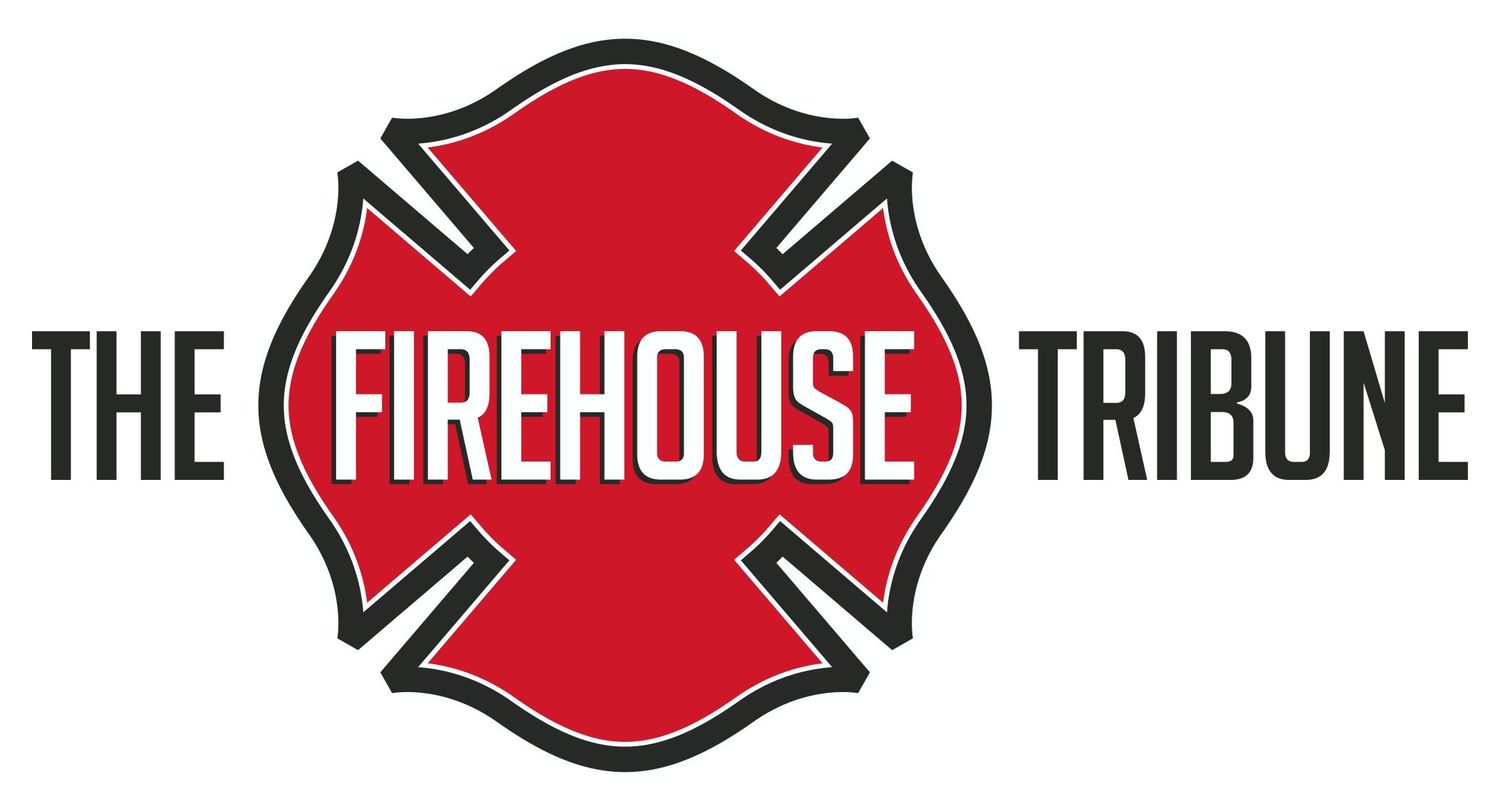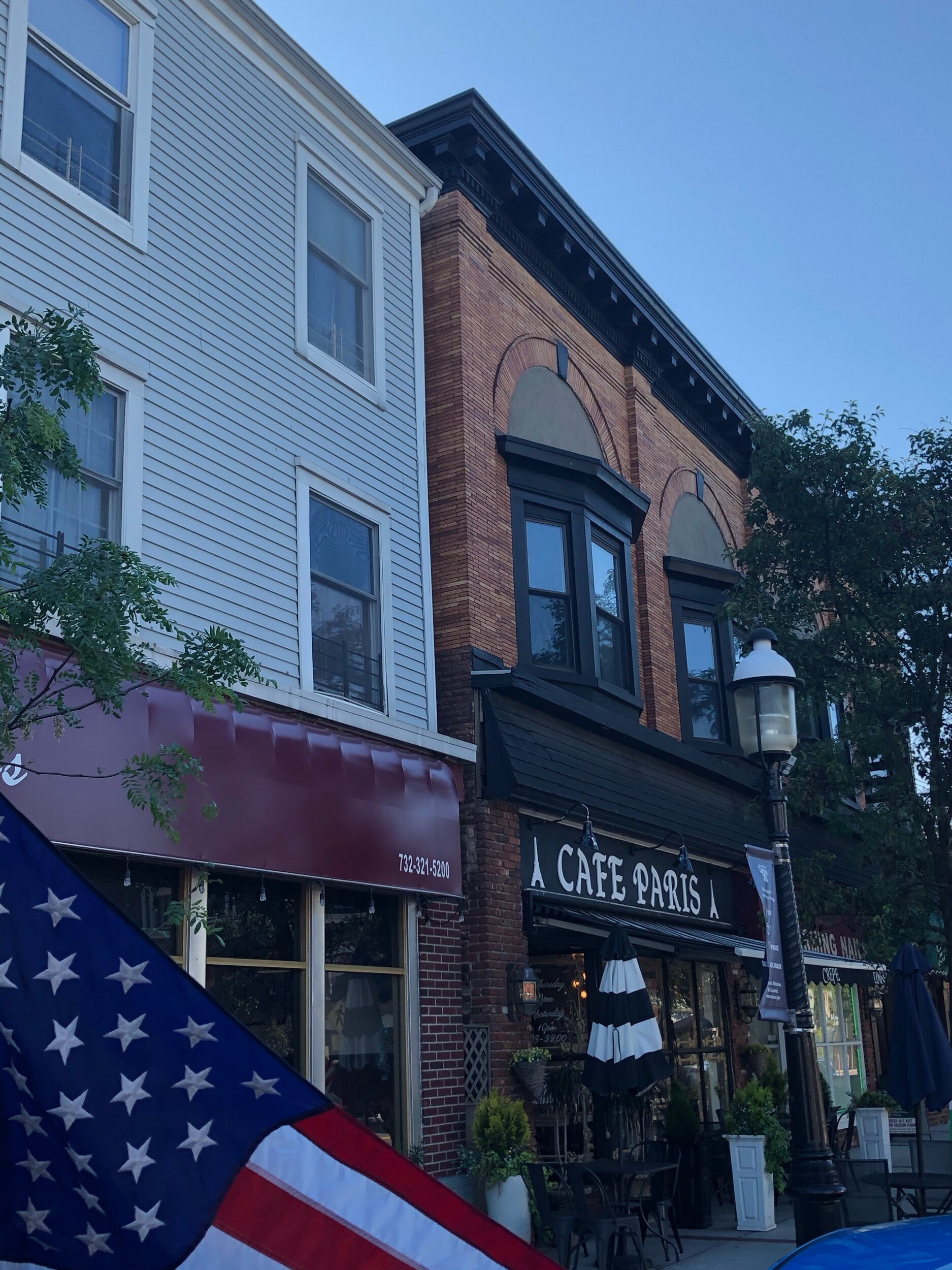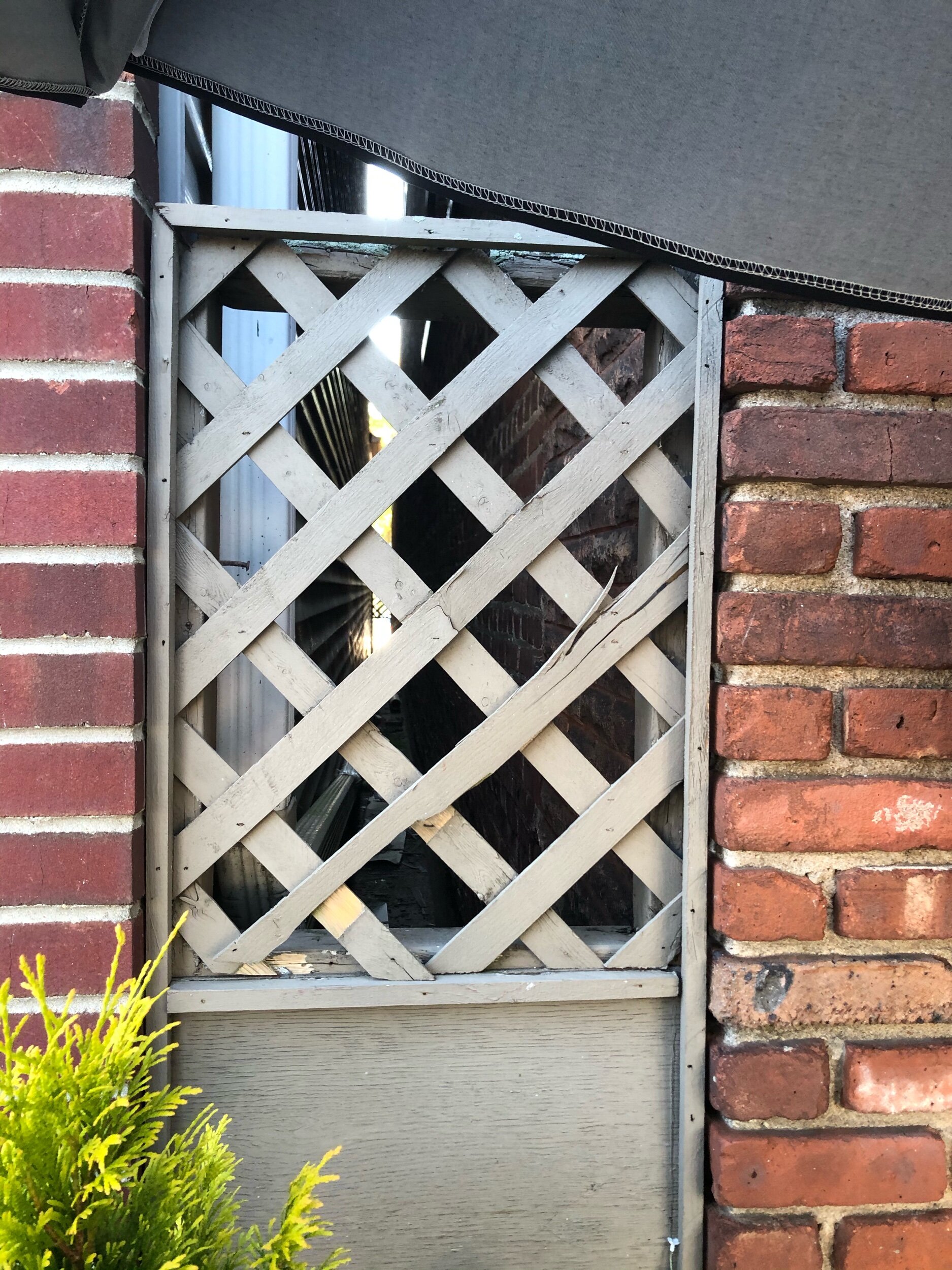Building a Repeatable Growth Model (RGM) in the Fire Service
In firefighting, consistency saves lives. Whether it’s pulling hose, conducting a primary search, or commanding a structure fire, we rely on repeatable actions under pressure. But what about developing firefighters themselves? What about growing officers, strengthening crews, and building leadership? That’s where the Repeatable Growth Model (RGM) comes in.
An RGM for the fire service is a structured, scalable way to develop personnel, improve operations, and grow leadership—consistently and predictably across your department.
What Is an RGM in the Fire Service?
A Repeatable Growth Model is a system that ensures:
Firefighters grow with purpose and direction
Officers are built through training, mentorship, and challenge
The department operates with consistent expectations and standards
Leadership capacity increases without depending on chance
It’s about creating an environment where growth is not optional—but expected, and where success is measurable, trainable, and repeatable.
Six Pillars of a Fire Service RGM
1. Clear Standards and Expectations
The foundation of any high-performing organization is clarity. Every rank—firefighter, engineer, officer, chief—should know:
What’s expected
How success is measured
How they can move to the next level
This includes well-written SOPs/SOGs, job performance requirements, and task books that are actively used, not just filed away.
2. Structured Training Progression
Training should be layered, logical, and progressive:
Probationary firefighter: Basic tactics and crew operations
Senior firefighter: Advanced fireground leadership, RIT, mentoring
Officer candidate: Command simulations, personnel management, public interaction
Repetitive exposure to realistic scenarios builds confidence and competence.
3. Mentorship & Coaching Systems
You can’t scale growth without leaders who know how to develop others.
Pair new members with proven mentors
Train officers to give constructive feedback and act as coaches
Make feedback expected, not feared
A strong mentorship culture turns experience into a multiplier.
4. Leadership Pipeline
Officers shouldn’t be chosen because “it’s their turn”
Instead, develop a repeatable path to promotion, such as:
Formal officer academies
Acting officer opportunities
Peer leadership programs
Leadership simulations (e.g., tabletop, ride-alongs with command officers)
If you want better officers, build them, don’t just promote them.
5. Performance Review & Feedback Loops
Performance evaluations shouldn’t just be administrative.
They should:
Reinforce accountability and progress
Identify areas of strength and growth
Be backed by observable behaviors, not opinions
Happen consistently, not just annually
Honest feedback helps people grow. Silence does not.
6. Mission-Driven Culture
Finally, none of these works without a shared purpose.
Every firefighter should know the “why” behind the standards
Core values like service, humility, grit, and teamwork must be modeled
Leadership should constantly tie growth back to mission readiness and public trust
Culture eats policy for breakfast. So, build one that drives your growth forward.
Why RGM Matters for Your Department
Without a structured growth model:
Training is inconsistent
Promotions feel political
Morale and performance drift
You lose good people to stagnation or frustration
With an RGM in place:
Firefighters know how to grow
Officers are built, not guessed
Culture is consistent, not chaotic
Operational performance improves
What a Simple RGM Can Look Like
Stage
Repeatable System Example:
Recruit Onboarding
12-week academy + post-academy mentor checklist
Probation Phase
90-day evals + structured skill progression throughout first year
Continuing Education
Annual training calendar + company-level drills
Officer Development
In-house leadership school + acting officer assignments
Succession Prep
Command simulations + 360-feedback + coaching
Ready to Build an RGM for Your Fire Department?
Start small. Pick one area to standardize—probationary training, officer development, mentorship—and build from there. Growth doesn’t have to be overwhelming. It has to be repeatable.
If you're a training officer, chief, or aspiring leader, I’d be happy to help you map out your department’s version of an RGM—from templates and evaluation forms to leadership curriculum and SOPs.
Because better firefighters don’t happen by accident. They happen by design.
Until next time, work hard, stay safe & live inspired.
















